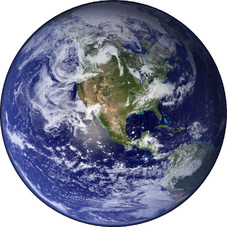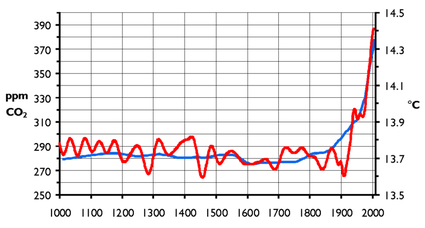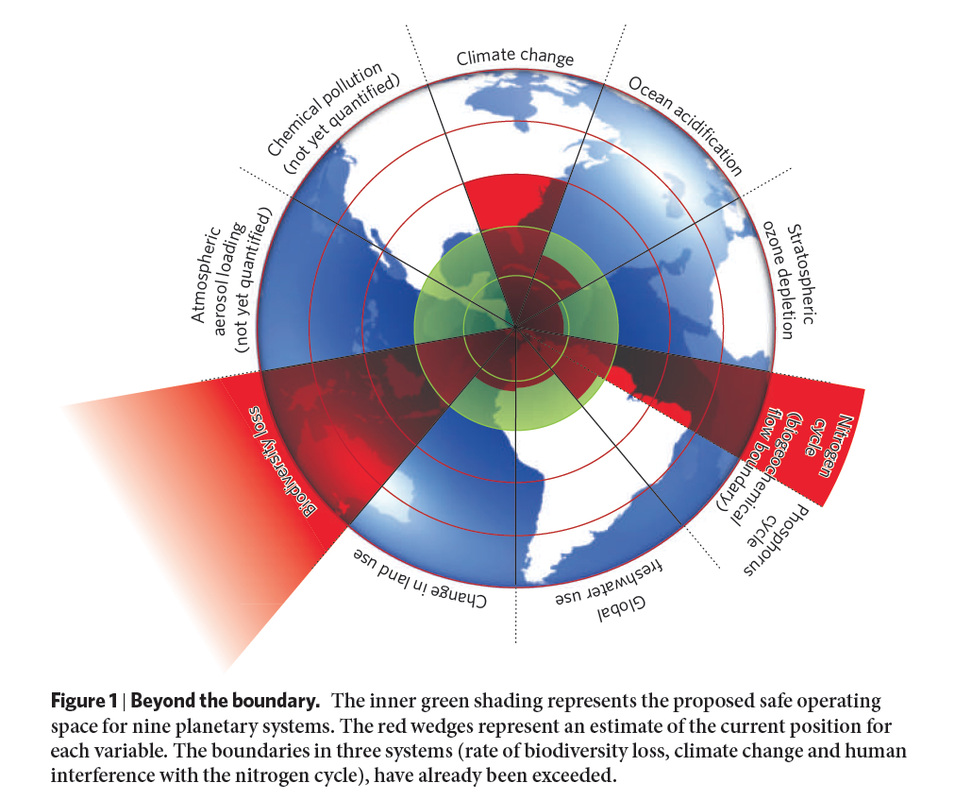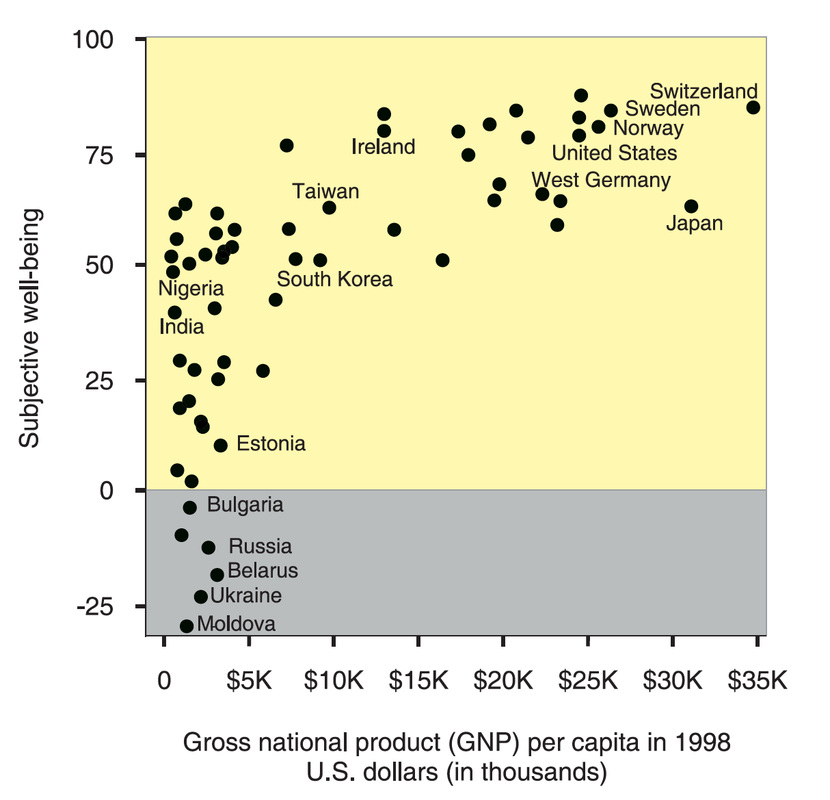The practice of liology is all about connecting: with our own bodies, with each other, and with the natural world in which we live. And it's about integrating our cognitive understanding with those connections.
When we apply liology to our relationship with the natural world, we are impelled to the realization that we are all facing a great and looming environmental crisis caused by the imbalances of our civilization - and we all have a part to play in restoring the balance.
Liology sees itself as part of the worldwide movement towards achieving a sustainable way of living on the earth. Here are some viewpoints liology shares with other environmental movements, followed by some principles specific to liology.
When we apply liology to our relationship with the natural world, we are impelled to the realization that we are all facing a great and looming environmental crisis caused by the imbalances of our civilization - and we all have a part to play in restoring the balance.
Liology sees itself as part of the worldwide movement towards achieving a sustainable way of living on the earth. Here are some viewpoints liology shares with other environmental movements, followed by some principles specific to liology.
SHARED VIEWPOINTS
we are on an unsustainable trajectory
|
Our global civilization is on an unsustainable trajectory with respect to the natural world. The accelerating rate at which we are using up our natural resources and polluting our environment is destabilizing the foundations of our civilization. Unless we change this trajectory radically, we are on a collision course with the natural world - with disastrous consequences for humanity.
|
human impact has become a new force of nature
Human activity has impacted every major system on our planet. These are just some of the drastic effects we are having on the earth:
- Climate change
- Deforestation & desertification
- Loss of biodiversity
- Acidification of the oceans
- Depletion of freshwater through irrigation
we've transgressed safe boundaries for earth's life-support systems
Johan Rockstrom from the Stockholm Resilience Centre has published a paper showing the safe operating safe for nine critical earth life support systems - and we've already exceeded the boundaries of three of them.
this trajectory is fueled by our craving for growth
The earth is already overpopulated with over 7 billion people, and the stability of our global civilization is based on continual economic growth for all. According to the World Wildlife Fund, at current trends we'll need more than 2 earths to support human activity by 2030. Yet, our politicians consider it to be bad news when our economic growth rate is less than 3% per year. This global craving for economic growth is not sustainable.
after a point, life satisfaction doesn't depend on economics
|
People in the developing world understandably want to enjoy the greater material benefits enjoyed by those in the developed world. However, studies have repeatedly shown that above a certain average income level - roughly $12,000/year - wealthier countries do not have happier people; and as people get more economically prosperous, they don't report any greater well-being. This doesn't mean countries should not try to get richer, but that above a certain level, other factors may become more important to the subjective well-being of people in the society. |
LIOLOGY PRINCIPLES
the predominant worldview propels our unsustainable trajectory
Liology understands the current global environmental crisis as being propelled ultimately by the dominant worldview which sees the natural world as a resource to be utilized, rather than an organic whole of which we humans are an integral part.
The Liology Institute is founded on the belief that, if our civilization is to survive its impending existential crisis, it needs a fundamentally different and coherent worldview, one that sees no inherent split between science and meaning and understands value to arise intrinsically from the natural world.
The Liology Institute is founded on the belief that, if our civilization is to survive its impending existential crisis, it needs a fundamentally different and coherent worldview, one that sees no inherent split between science and meaning and understands value to arise intrinsically from the natural world.
unsustainable metaphors of nature
|
Some approaches to the environment, while well-meaning, are founded on root metaphors of nature that ultimately promote unsustainable human activity. Examples are:
This metaphor of nature sees humans as embedded in nature, not transcendent over it. It emphasizes humanity’s dependence on the health of the earth and encourages sustainable values and priorities. |
Watch a presentation by Liology Institute founder Jeremy Lent on "Humanity's Changing Metaphors of Nature," given to the International Big History Association, August 2012:
|
a coherent value system for sustainable living on the earth
|
When our values are based on material wealth, we are driven to do what we can to increase that wealth. When billions of us act in that way, our civilization becomes unsustainable.
In liology, our intrinsic connectedness with our embodied self and the natural world around us is the ultimate source of meaning and moral values. Liology sees humanity as a fractal entity within the natural system of the earth and as such, it impels us to find a sustainable way of existing on the earth in order to thrive. Liology offers the environmental movement a coherent worldview as a conceptual and spiritual basis for many of the diverse viewpoints represented in the worldwide struggle for sustainability, thereby potentially strengthening the sense of a shared mission. |
deep ecology
The values of liology are consistent with those of Deep Ecology, a ecological philosophy developed by Arne Naess.
The Deep Ecology platform states:
The Deep Ecology platform states:
- The well-being and flourishing of human and nonhuman life on earth have value in themselves... These values are independent of the usefulness of the nonhuman world for human purposes.
- Richness and diversity of life forms contribute to the realization of these values and are also values in themselves.
- Humans have no right to reduce this richness and diversity except to satisfy vital needs…
- The ideological change is mainly that of appreciating life quality (dwelling in situations of inherent value) rather than adhering to an increasingly higher (materialistic) standard of living.





